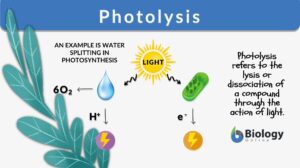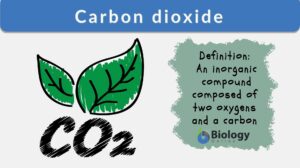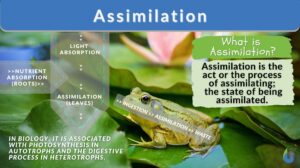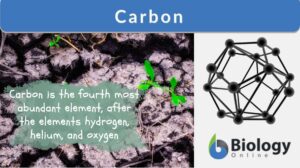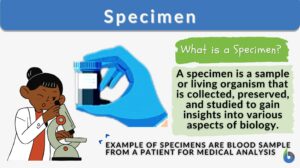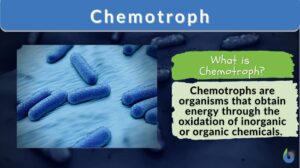Search Results for: universe
At Home in the Universe: The Search for the Laws of Self-Organization and Complexity
At Home in the Universe: The Search for the Laws of Self-Organization and Complexity ... Read More
Angiosperm
Angiosperms Definition What is an angiosperm? An angiosperm is a plant that produces flowers. The angiosperms, also... Read More
The FIFTH MIRACLE: The Search for the Origin and Meaning of Life
The FIFTH MIRACLE: The Search for the Origin and Meaning of Life ... Read More
Photolysis
Photolysis Definition We define photolysis as a chemical process in which chemical compounds or molecules are split into... Read More
Carbon dioxide
Carbon Dioxide Definition noun, car·bon di·ox·ide, /daɪˈɒksaɪd/ (biochemistry) An inorganic compound, with the... Read More
Assimilation
Assimilation Definition What is assimilation? Assimilation in biology is defined as the process in which living organisms... Read More
Homogenous
What is homogenous? What does homogenous mean? The word homogenous has been derived from two Greek words that are... Read More
Origins of Life : On Earth and in the Cosmos (2nd Ed)
Origins of Life : On Earth and in the Cosmos ... Read More
Mechanical
mechanical 1. Pertaining to, governed by, or in accordance with, mechanics, or the laws of motion; pertaining to the... Read More
Limitation
1. The act of limiting; the state or condition of being limited; as, the limitation of his authority was approved by the... Read More
Hypothesis
What Is Hypothesis? A scientific hypothesis is a foundational element of the scientific method. It's a testable statement... Read More
Cryptozoology – The evidence of creatures whose existence is uncertain
The evidence of creatures whose existence is uncertain is studied by cryptozoology, a science researching presumable proof... Read More
Parasite Rex : Inside the Bizarre World of Nature’s Most Dangerous Creatures
Parasite Rex : Inside the Bizarre World of Nature's Most Dangerous Creatures ... Read More
Chemotroph
Chemotroph Definition A chemotroph refers to an organism that obtains energy mainly from carbon dioxide and from... Read More



